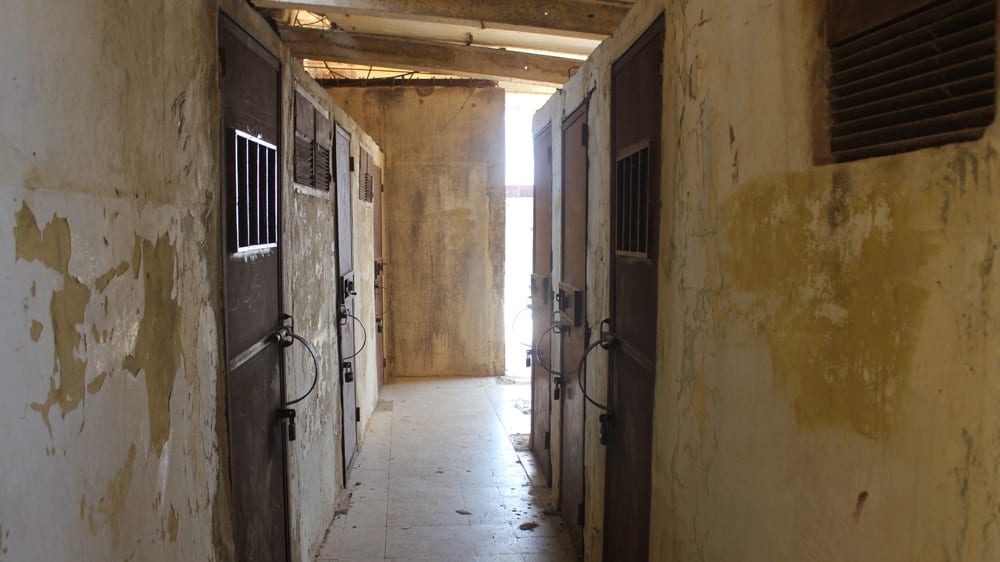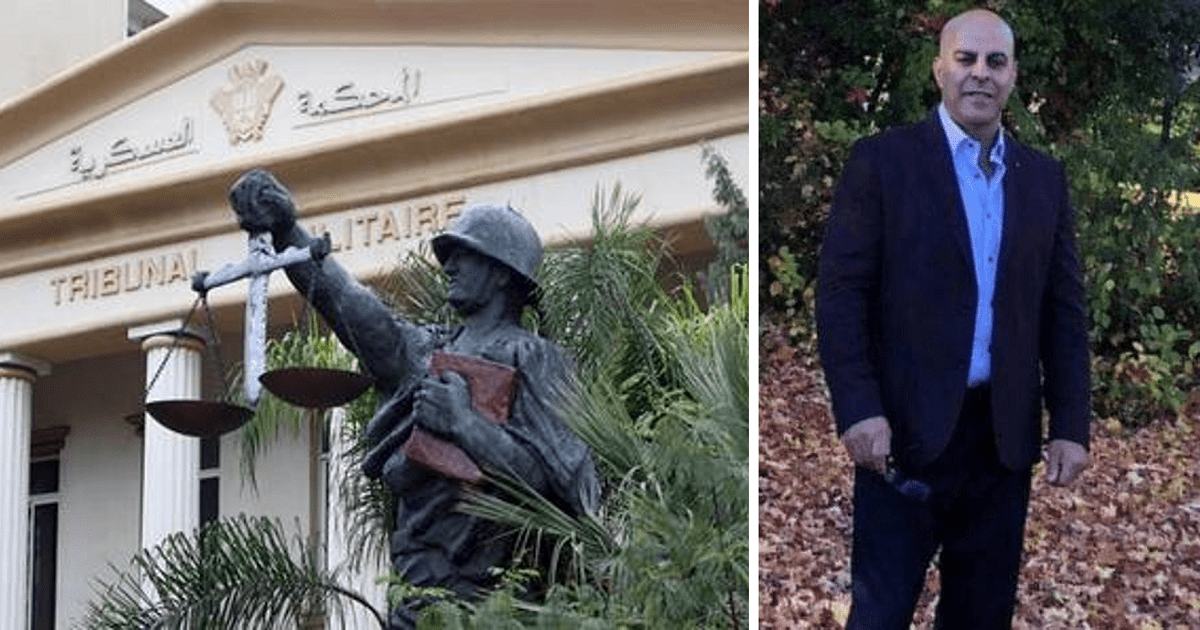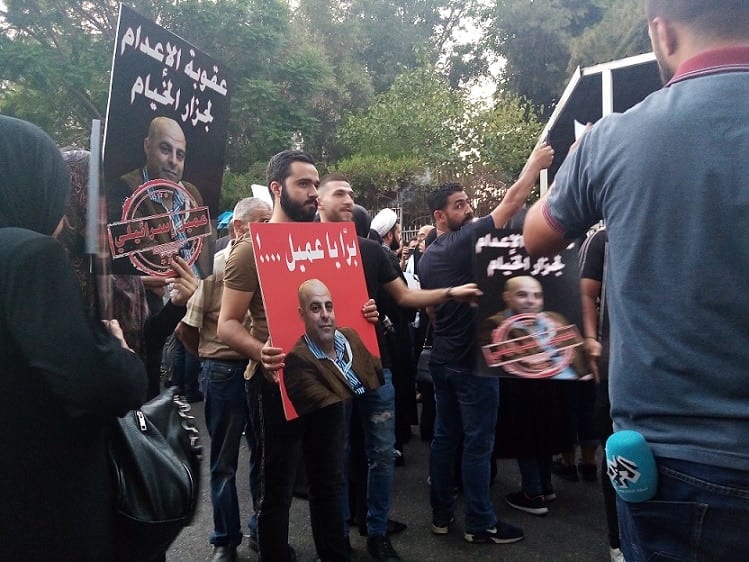Lebanon’s military court dropped the charges against former South Lebanese Army and pro-Israel militia chief Amer Fakhoury, “citing the expiry of the statute of limitations,” according to Deviscourse.
The move stirred up a turmoil on social media and the criticism from Lebanese politicians and media.
The charges were related to his collaboration with Israel as well as the torture of detainees in the Khiam prison, South of Lebanon. His victims and their families, as well as the public and politicians, prompted to demand to have him arrested again.

However, according to multiple media sources, Fakhoury, who had emigrated 20 years ago to the US, becoming an American citizen, left Lebanon the same evening of his release, heading to the United States.
In a news conference, US President Trump announced that “Fakhoury is on his way back to the United States … He’s battling late-stage cancer,” and he thanked the Lebanese government for his release.
According to numerous international media outlets, the Lebanese government was pressured by the US to release Fakhoury.
Naharnet reported on Thursday, “Lawmakers in Washington had threatened to withhold critical aid to the country and impose sanctions on the Lebanese military, which is seen by the Trump administration as a bulwark against Iranian-backed Hizbullah.”
The families of the victims presented on Wednesday, through their lawyer Maan el-Assaad, a conclusion at the registry of the Court of Cassation, and the deputy government commissioner, Ghassan Khoury, appealed on Thursday against the judgment.
“We wanted to draw the attention of the Court of Cassation to the errors, contradictions, and distortions that the judgment of the military court entailed,” he revealed to the press.
He cited in this regard the kidnapping in the 1980s of Ali Abdallah Hamzeh, a former detainee from Khiam.
“Based on contradictory information provided by the intelligence services of the army and the Directorate General of General Security, the military court suggests that Ali Hamzeh has died,” said the lawyer.

“The army affirmed that he died in 1985, while the directorate assures that he was arrested in 1986,” he pointed out to then say: “How can a dead person be arrested?”
Mr. Assaad is also surprised at “the record speed” with which the military court issued its decision on Monday, March 16th.
“It took less than 15 days for Amer Fakhoury’s lawyer, François Elias, to see the court accept his formal exceptions (prescription),” he said.
According to Assaad, this procedure generally lasts a “very long time,” especially during this period when the hearings are suspended.
To this, a judicial source retorts that the military court has never ceased to function, all the more so since it rules most often on questions of arrests, which are essential in matters of the rights of the individual.
According to informed judicial sources who spoke to the press, if the decision is characterized as illegal, Amer Fakhoury could get re-arrested.
Amer Fakhoury was living in the US for the past 2 decades and decided to visit his brother in Lebanon back in September 2019, according to his daughters in an interview with Fox News.
The Guardian issued on Thursday: “He returned to Beirut last September, a year after an amnesty was passed for those who had collaborated with Israel during the occupation.”
Fakhoury was arrested upon arriving in Beirut Airport and was detained since then awaiting trial. According to Fox News, on Thursday, March 19th, “American forces on Thursday brought Fakhoury” back to the US.

Photograph: Zeina Karam / AFP
For its part, The Guardian reported that “Fakhoury was picked up from the US embassy in Beirut’s northern suburbs early on Thursday afternoon by a US Marine V-22 Osprey helicopter.”
However, there is no confirmation of that and no official statement has been issued in that regard by the American Embassy in Beirut.



















